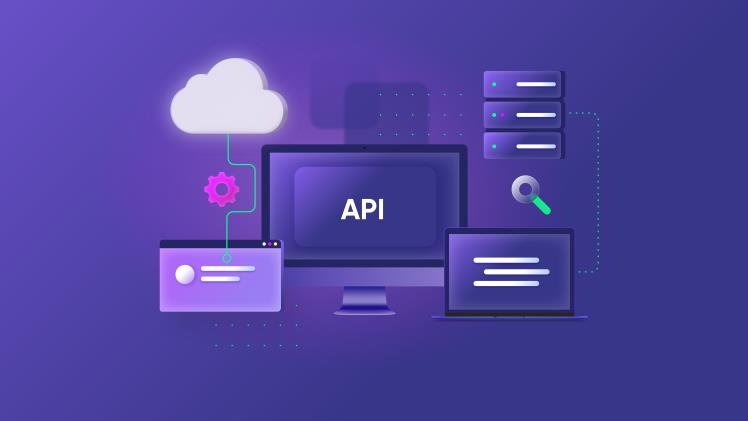Personalized experiences are becoming more dependent on the use of Application Programming Interfaces (APIs) in the dynamic world of client interactions. APIs provide the foundation for smooth data transfer and system integration, enabling companies to customize interactions according to specific consumer preferences and activities.
Unifying Customer Data Through API Integration
The unification of diverse sources of consumer data is one of the main ways APIs support tailored customer interactions. Multiple systems, including CRM platforms, e-commerce databases, marketing automation tools, or Twilio alternative API providers, are often used by modern firms. By serving as bridges, APIs make it easier to integrate various systems and provide a thorough picture of consumer data.
Imagine a consumer visiting your website, buying something, and signing up for your newsletter. Through the smooth integration of data from various exchanges, APIs are able to generate client profiles centrally. This combined profile includes information about previous purchases, online interactions, and communication preferences.
Real-Time Personalization Using API-Driven Insights
Real-time customization is made possible via APIs, which is an essential component of providing customers with dynamic and relevant experiences. Businesses may get real-time insights into their customers’ preferences, engagement patterns, and behaviors by connecting APIs with analytics tools. Interactions are then instantly personalized by using this data.
Consider a buyer perusing an online store. The system uses API-driven analytics to automatically recognize the customer’s browsing history, buying behaviors, and preferences. Based on this information, the website constantly modifies content, product suggestions, and promotional offers to provide a customized browsing experience.
Personalized Communication Channels Enabled by APIs
Businesses may offer messages across the channels that each client prefers by personalizing communication channels with the use of APIs. APIs provide the smooth integration of communication channels, including social media, SMS, email, and in-app alerts, enabling companies to customize their outreach strategies. Imagine a situation where a client requests that order updates be sent to them by SMS instead of email. Businesses may honor this desire and send SMS messages for order confirmations, shipment updates, and delivery notifications by connecting their APIs to communication platforms. Businesses meet customers on their chosen platforms and improve the customer experience by using APIs to customize communication channels.
AI-Powered Personalization Through API Integrations
In order to provide tailored consumer experiences, artificial intelligence (AI) has grown in strength, and APIs are essential for incorporating AI features into corporate systems. Through APIs, AI algorithms and consumer databases may communicate seamlessly, allowing organizations to use machine learning models for predictive analytics, chatbots, and tailored suggestions.
Consider an AI-driven recommendation engine integrated into an e-commerce platform. APIs allow for the smooth integration of the platform’s product database and client profiles with the recommendation engine. The AI system uses a customer’s prior behavior, preferences, and purchase history to deliver tailored, in-the-moment product suggestions as they explore the website.
Personalized Customer Journeys Enabled by API Orchestration
Businesses may create and execute customized client journeys that adjust to unique behaviors and interactions with the help of API orchestration. Throughout the customer experience, APIs facilitate the smooth flow of data and activities by connecting disparate systems and touchpoints. Imagine a consumer who registers for a software platform trial in order to begin their trip. APIs coordinate the software’s interaction with email marketing platforms, customer relationship management (CRM) systems, and other systems. APIs monitor a customer’s use habits, contacts with support, and feedback as they go through the trial.
Adaptive Personalization for Evolving Customer Preferences
Businesses may use adaptive customization tactics that change with the tastes and behaviors of their customers thanks to APIs. Companies may use APIs to modify their personalization strategies dynamically by constantly integrating new data sources and technology. Consider a retail company that integrates data from loyalty programs, social media platforms, and in-store interactions utilizing APIs.
APIs enable organizations to easily integrate this data into their customization efforts as new trends or client preferences arise. For instance, if a client begins interacting more on a certain social media network, the company may modify its marketing and communication plans appropriately.
Conclusion
In today’s cutthroat business environment, using APIs to customize client interactions is no longer an option; rather, it is a strategic need. Businesses that harness the potential of APIs improve customer interaction and establish enduring connections by thoroughly comprehending their client’s requirements and preferences. In an increasingly individualized digital age, the thoughtful use of APIs in customization shows a dedication to customer-centricity and fosters loyalty and happiness.
